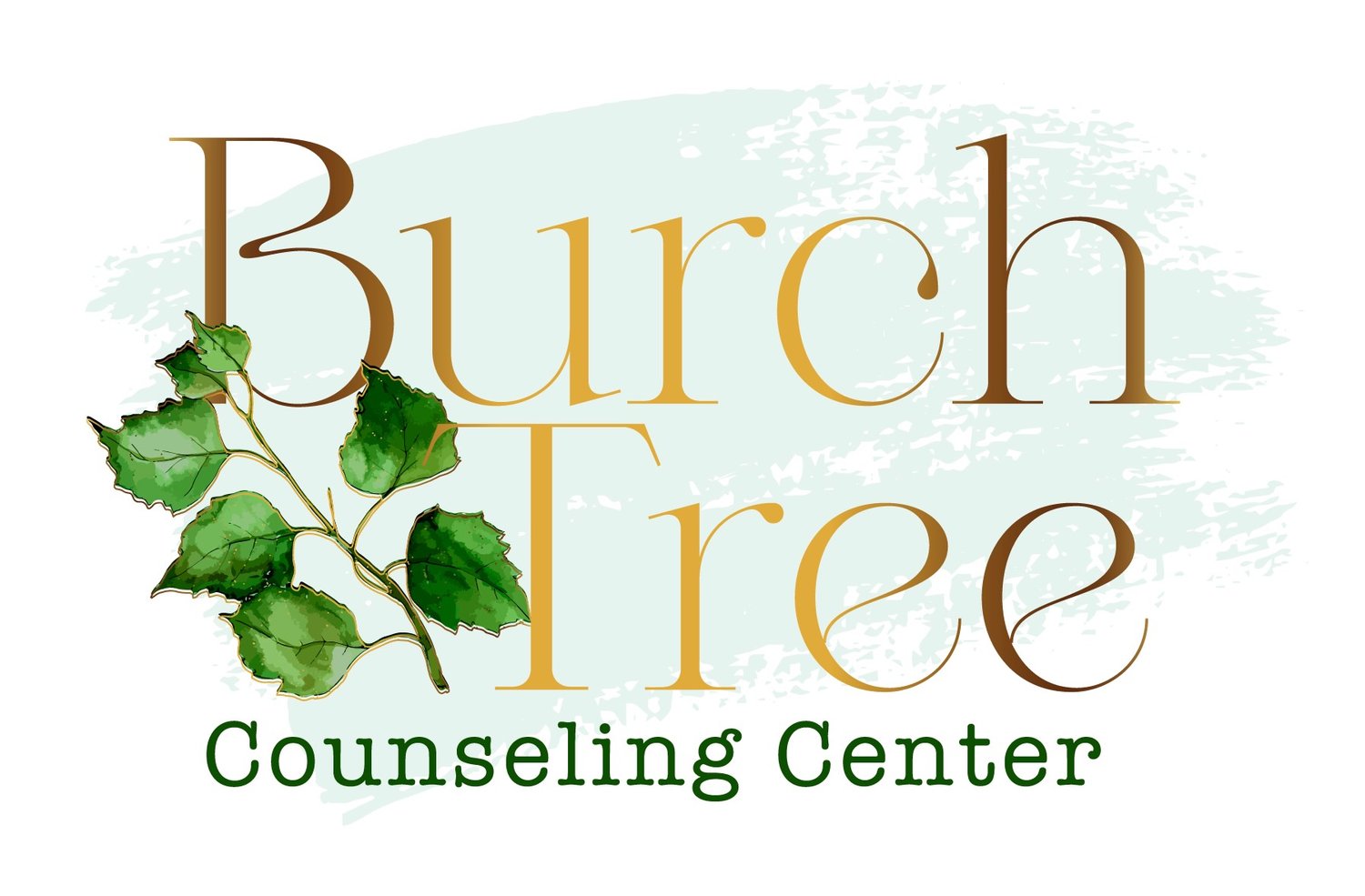When to Let go of Guilt
Introduction
Humans and animals feel guilty at varying degrees throughout their lifespan. It is an uncomfortable feeling and often is difficult to let go of. Guilt is frequently experienced when a person has done something that is perceived as wrong. To find out more about guilt and when to let go keep reading!
What is the Purpose of Guilt
Imagine guilt as the policeman to oneself. When you do something that is perceived to be wrong by yourself or another person the “policeman” kicks in to cause you to feel this uncomfortable emotion. It is a sign that something you did might be wrong although- the policeman might get this wrong sometimes. Emotions are said to prepare our bodies for action or, to motivate a future behavior. In this case, taking action might look at changing an aspect of oneself so you do not do the perceived “wrongdoing” again.
Why it’s so Hard to let go of Guilt
Sometimes it’s difficult to let go of guilt as a way to ensure that you will never make the mistake again. You might have beliefs such as, “I deserve to feel guilty” after what I did. If this is the case, you might want to evaluate this belief further.
It might even seem like the “right” thing to feel after such a mistake. You could even feel guilty for not feeling guilty for this specific thing. Just remember that if you’ve already improved upon yourself and vowed to try your best not to make the mistake again then guilt has done its job. You can let go.
Evaluating Whether or not you’re experiencing appropriate Guilt
Inappropriate guilt can be a learned response. Imagine that as a child when you expressed concerns to your parents, they turned the situation on you and each time you left the conversation as the “bad guy”. Better yet, you ended up being the one apologizing after these interactions despite the wrongdoings being on your parents. As an adult, you could’ve brought this with you and felt guilty in circumstances that weren’t your fault or, that you had no control over. Ask yourself if you’re guilty because you did something wrong and it was in your control or, if it was a learned response from childhood.
Asking yourself if you’re experiencing Toxic or Healthy Guilt
Sometimes guilt is healthy and sometimes it is toxic. For example, say as a child you told your mom that her cooking was terrible. After you said this, you saw that your mom cried her feelings were hurt. You then felt guilty for saying this to your mom. This motivated you to change your behavior in the future. You no longer said these harsh words to your mother. This would be an example of healthy guilt because it motivated you to change/gave you energy to adopt a new and healthy behavior.
On the contrary, toxic guilt deenergizes you instead of motivating you to change. Sometimes people feel “bad” for things that are not their responsibility. There is no way guilt can energize them to change an aspect of themselves that they had no fault in.
Righting ones Wrong’s
Guilt can be a beautiful thing if it is appropriate and if it motivates you to become a better person. The closest you can get to “righting” your “wrongs” is to change and improve upon the aspect of yourself that made the mistake in the first place. Although, you can’t go back in time and change what you did, you can change the aspect of yourself that made the error so, you will be less likely to make the mistake again. Once you change this aspect you can let go of guilt because it served its purpose! You don’t want to let it linger on after it motivated you to become better. It is then depleting your energy.
Conclusion
Remember everyone makes mistakes. We are not perfect humans, and we are not “bad” just because a mistake has been made. Guilt serves a purpose and if you’re feeling this way beyond its purpose then it’s time to let it go. For more information on how to overcome guilt, schedule a FREE 15-minute consultation with a therapist at Burch Tree Counseling Center.






